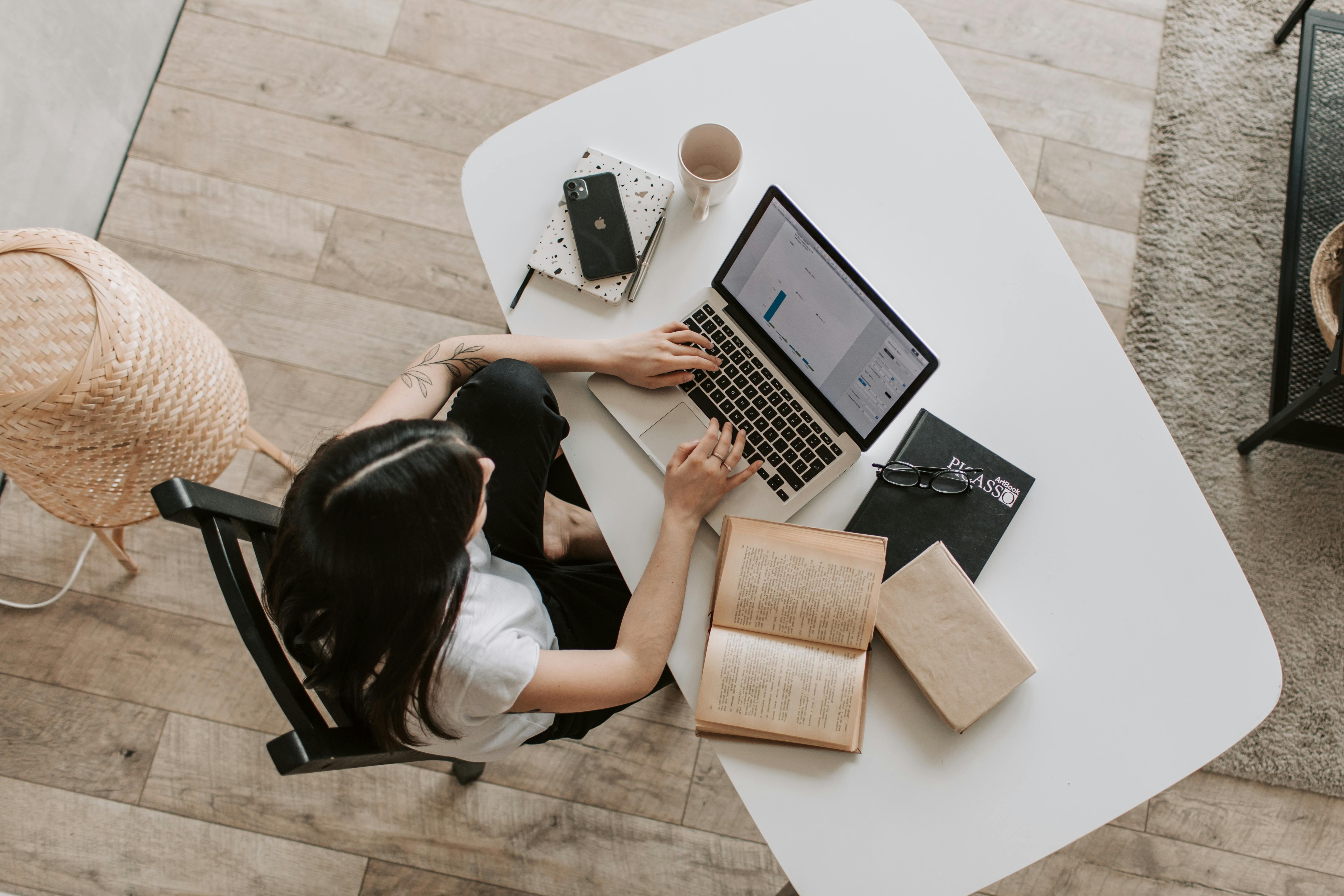The workday often leaves us feeling drained, with little energy left for anything beyond basic necessities. Yet, what if just one hour after you clock out could be the catalyst for profound personal growth and a significant shift in your life’s trajectory? This isn’t about adding more stress; it’s about strategically reclaiming a small, yet powerful, segment of your day.
Studies consistently show that intentional routines can dramatically improve well-being, productivity, and overall life satisfaction. By dedicating a mere 60 minutes to yourself each weekday evening, you can cultivate new habits, pursue passions, and build a foundation for a more fulfilling future. This article will guide you through the principles of creating an effective post-work routine, offering practical strategies to turn that hour into your most valuable asset.
The Unseen Power of the First Hour After Work
Many people fall into the trap of immediate relaxation after work, often involving passive activities like endless scrolling or binge-watching. While relaxation is crucial, the first hour after work is a critical transition period. It’s a window of opportunity to consciously shift from work mode to personal growth mode, setting the tone for the rest of your evening.
Why This Hour Matters
This hour is unique because it’s often when your energy levels, though perhaps not at their peak, are still higher than later in the evening. It’s also a time when you can proactively prevent the “spillover” of work stress into your personal life. By taking control of this segment, you establish a boundary between your professional and personal selves, fostering mental clarity and reducing burnout.

Crafting Your Personalized 60-Minute Routine
There’s no one-size-fits-all routine, but the key is intentionality. Your routine should align with your personal goals, whether they are related to health, learning, creativity, or financial planning. Start by identifying what you want to achieve or improve in your life.
Elements of an Effective Routine
Consider incorporating a mix of activities that address different aspects of your well-being. This could include physical activity, mental stimulation, or emotional regulation. The goal is to create a balanced routine that energizes rather than exhausts you.
Here are some common categories and examples:
- Physical Well-being: A short walk, stretching, light yoga, or a quick home workout.
- Mental Clarity: Journaling, meditation, reading a non-work-related book, or planning for the next day.
- Skill Development: Learning a new language, practicing an instrument, coding, or taking an online course.
- Creative Expression: Drawing, writing, playing music, or engaging in a craft.
- Financial Management: Reviewing your budget, planning investments, or paying bills.
“The secret of your future is hidden in your daily routine.” – Mike Murdock. This quote emphasizes the profound impact small, consistent actions can have over time.
Integrating Mindfulness and Well-being
Beyond specific tasks, the quality of your routine matters. Incorporating mindfulness can transform a simple activity into a powerful tool for stress reduction and mental clarity. This doesn’t necessarily mean formal meditation; it can be as simple as being fully present during your chosen activity.
Mindful Transition Techniques
Before diving into your routine, take a few minutes to decompress. This could involve deep breathing exercises, a short walk around the block, or simply sitting in silence. This brief pause helps you mentally detach from work and prepare for your personal time.
Mayo Clinic provides insights into how mindfulness can lead to a more peaceful life, highlighting its benefits for stress reduction and overall well-being.

Fueling Growth: Skill Development and Personal Projects
One of the most impactful ways to use your post-work hour is for continuous learning and personal projects. In an ever-evolving world, dedicating time to acquiring new skills or nurturing a passion can open up new opportunities and significantly boost your confidence.
Making Progress on Your Goals
Break down larger goals into small, manageable chunks that can be tackled within your 60-minute window. For instance, if you’re learning a language, dedicate 30 minutes to vocabulary and 30 minutes to grammar exercises. Consistency, even for short periods, yields remarkable results over time.
Forbes discusses the power of a daily routine for success and well-being, emphasizing how structured time can lead to significant personal and professional advancements.

Building Sustainable Habits and Overcoming Obstacles
The biggest challenge in establishing a new routine is consistency. It takes time and effort to embed new behaviors. Don’t get discouraged by occasional slip-ups; view them as opportunities to refine your approach.
Tips for Long-Term Adherence
Start small and gradually increase the intensity or duration of your activities. Make your routine enjoyable by choosing activities you genuinely look forward to. Use habit stacking – linking your new routine to an existing habit – to make it easier to remember. For example, “After I close my laptop, I will immediately put on my walking shoes.”
Verywell Mind explores the science behind habit formation, including how long it typically takes to form a new habit and strategies for success.
Visualizing Your Transformation: Before & After
To truly appreciate the impact of a dedicated post-work hour, consider the stark contrast between a typical unstructured evening and one guided by intention. This simple comparison highlights the immense potential of just 60 minutes.
The Impact of Intentionality
The table below illustrates how a small shift in your evening routine can lead to significant long-term benefits across various aspects of your life. This isn’t just about productivity; it’s about reclaiming your time and energy for what truly matters.
| Aspect | Before 1-Hour Routine | After 1-Hour Routine |
|---|---|---|
| Energy Levels | Often low, feeling drained | Recharged, sense of accomplishment |
| Stress Management | Work stress lingers, difficulty unwinding | Effective decompression, reduced anxiety |
| Personal Growth | Stagnant, no time for hobbies/learning | Consistent progress on goals, new skills |
| Overall Mood | Can be irritable, unfulfilled | Positive, empowered, greater life satisfaction |
Your post-work hour is not just an hour; it’s an investment in your future self. By consistently dedicating this time to intentional activities, you’re not just changing your evenings; you’re actively shaping your life. Start small, stay consistent, and watch as these 60 minutes become the most transformative part of your day.
What will you dedicate your first post-work hour to starting today, in 2025? Share your ideas and inspire others in the comments below!
